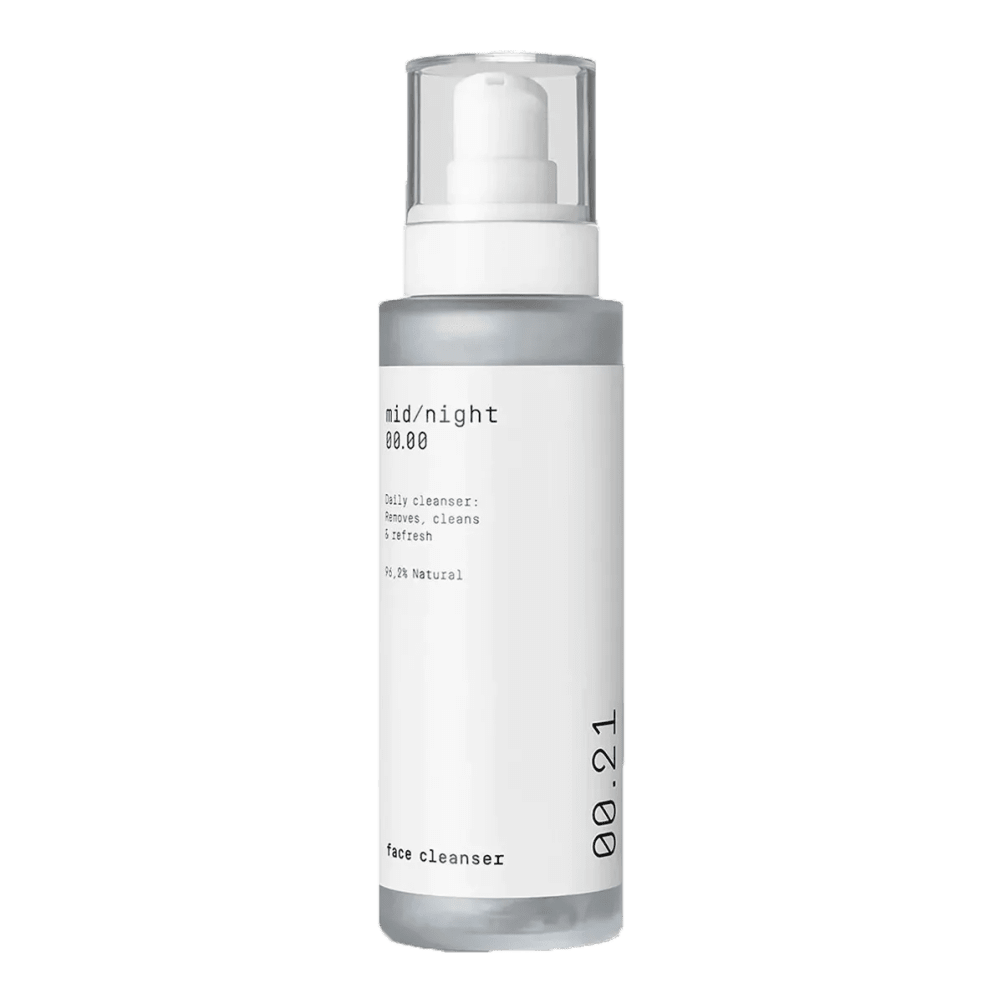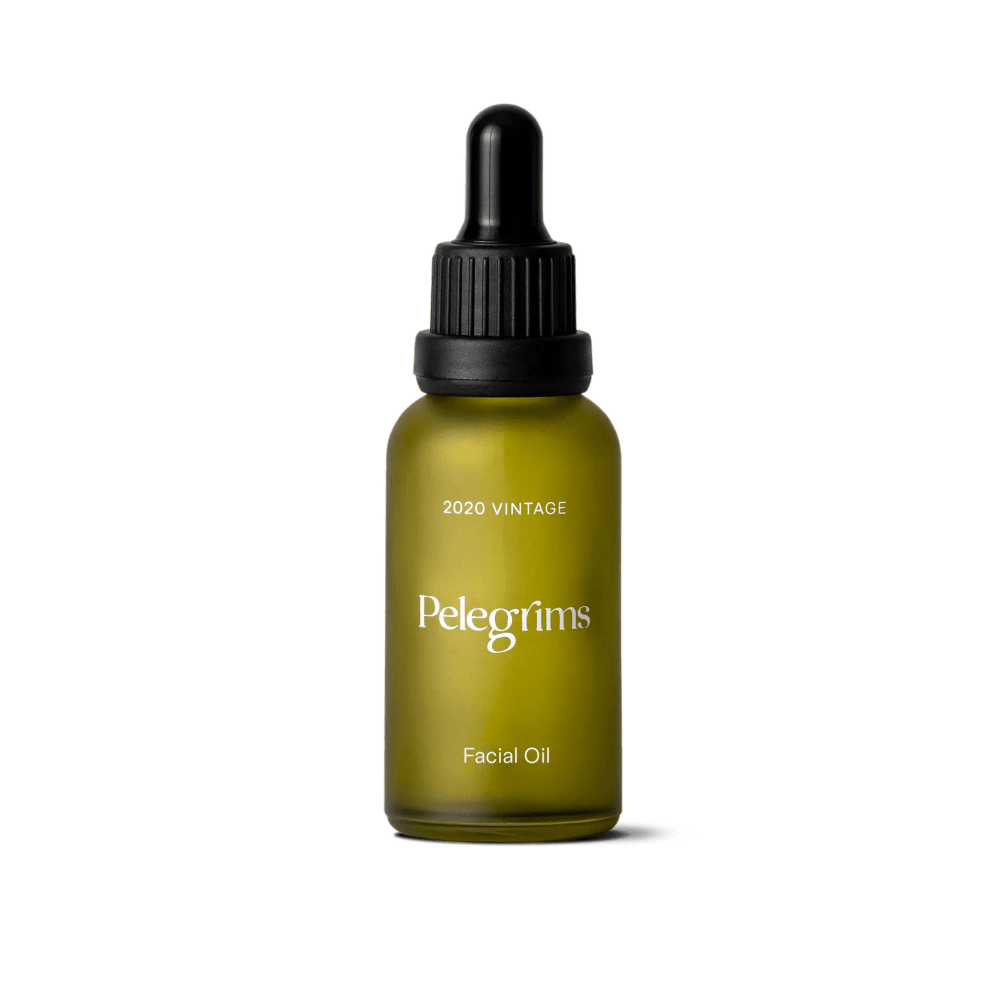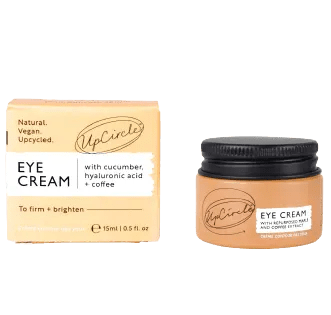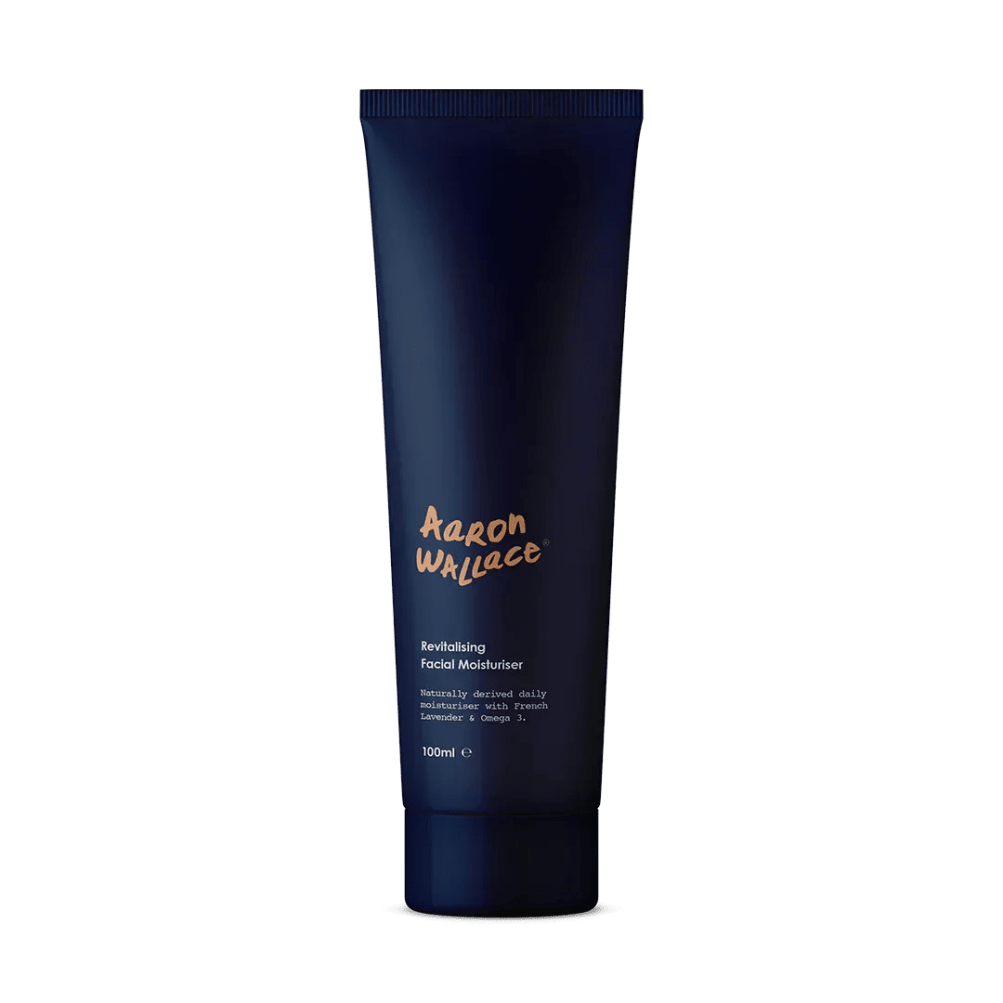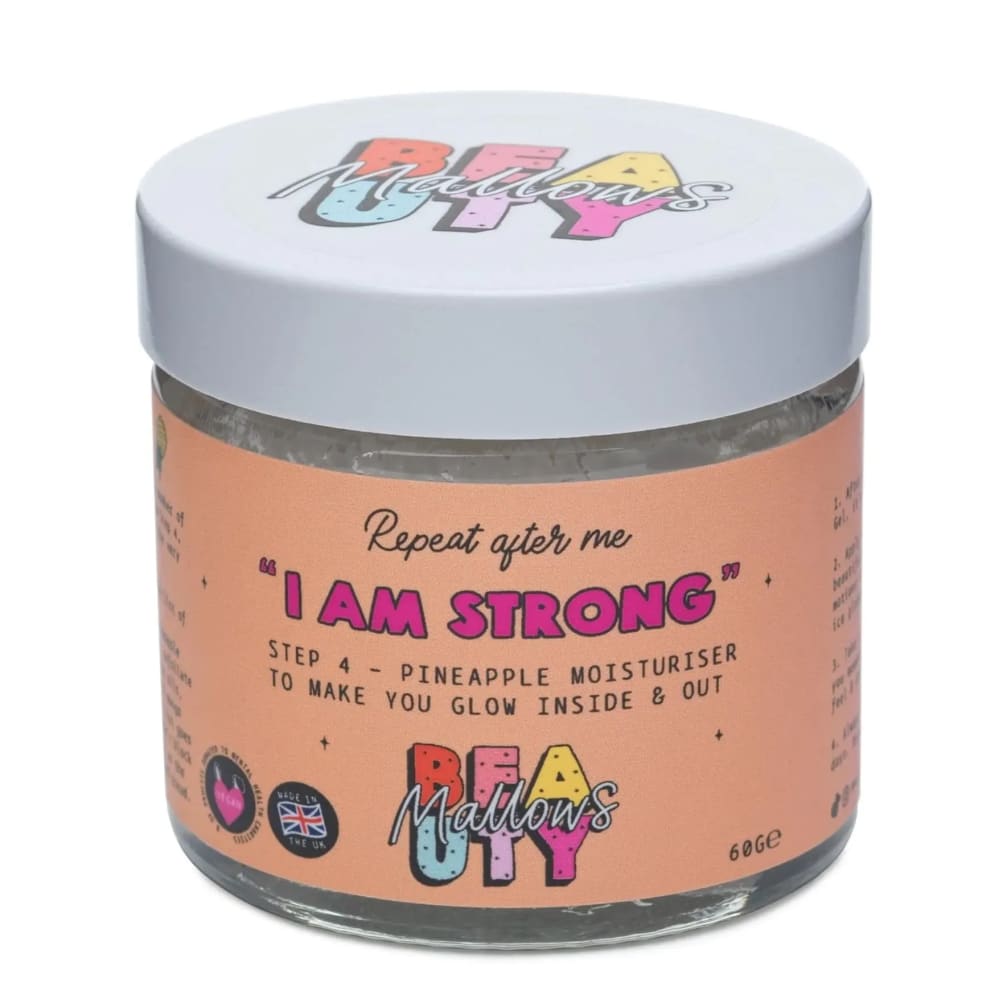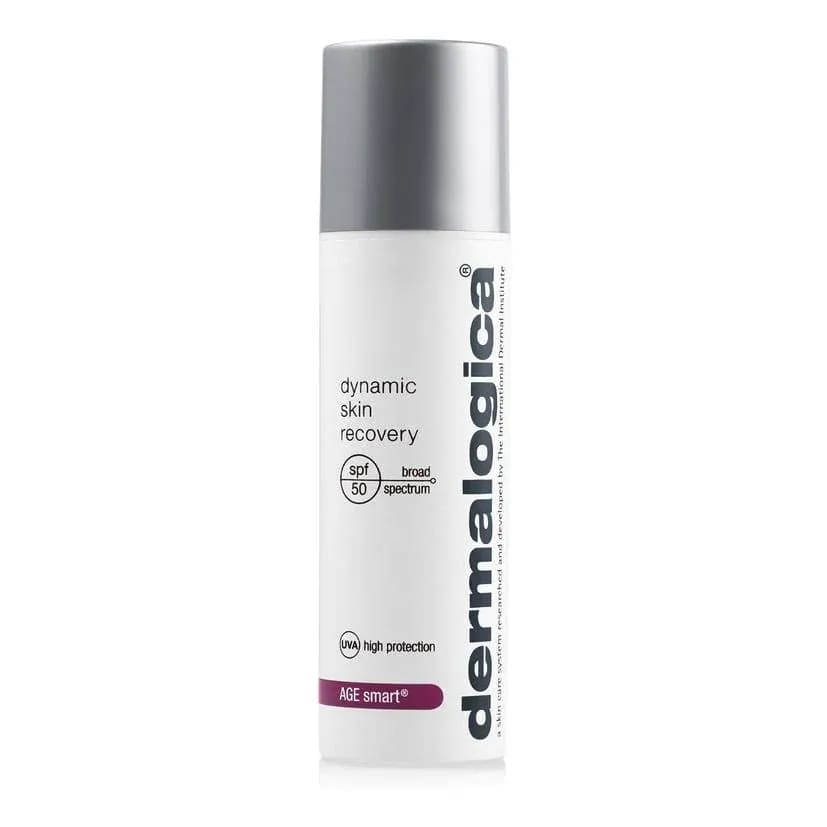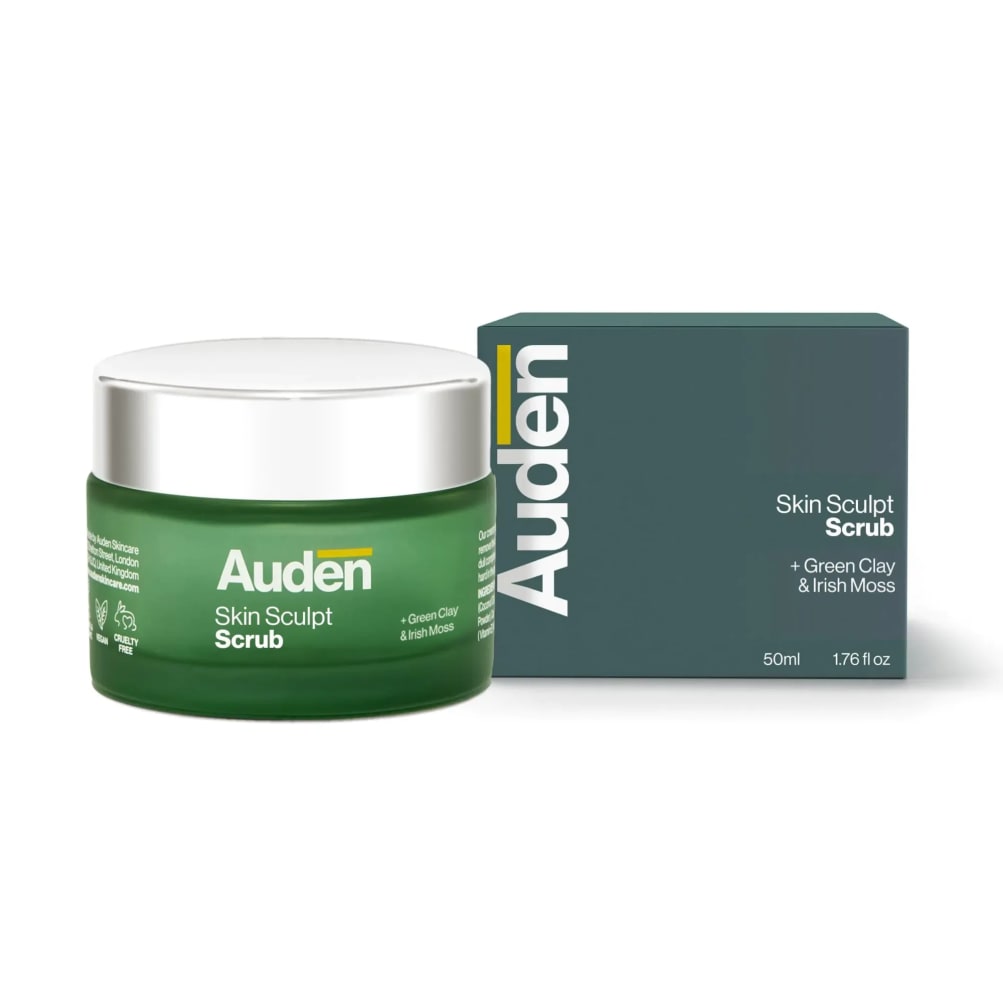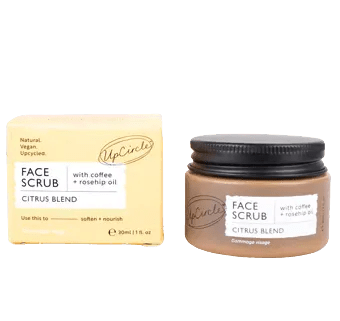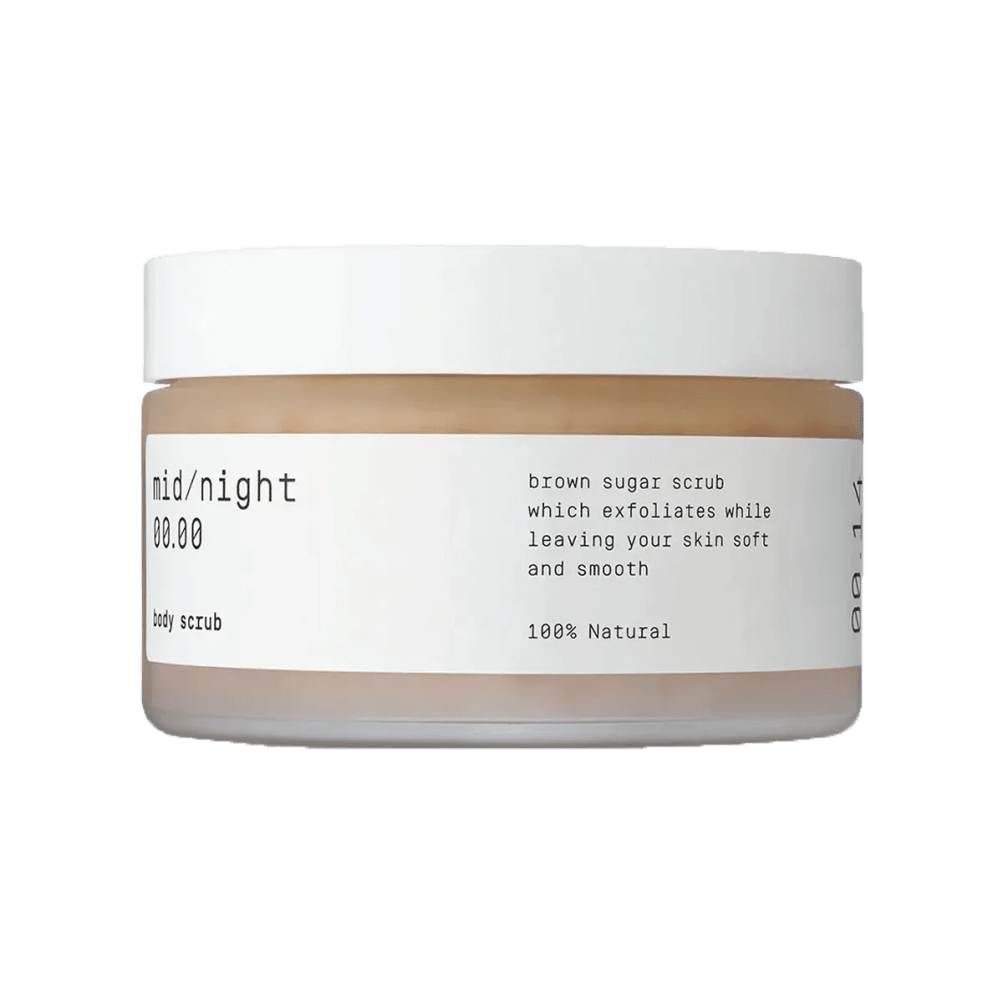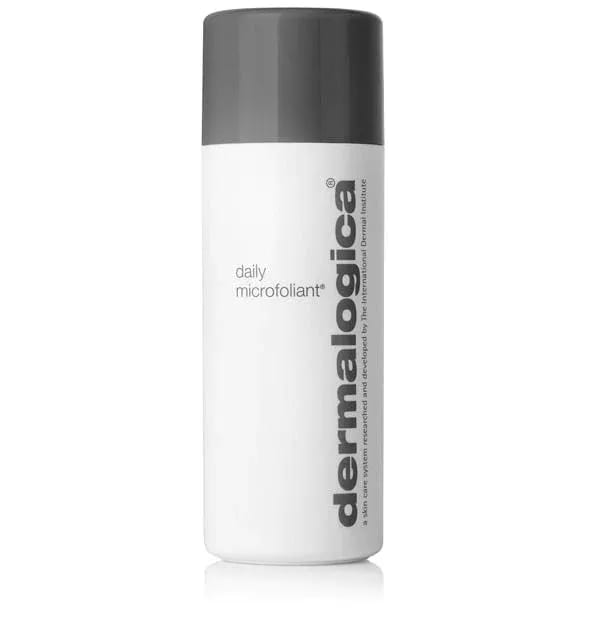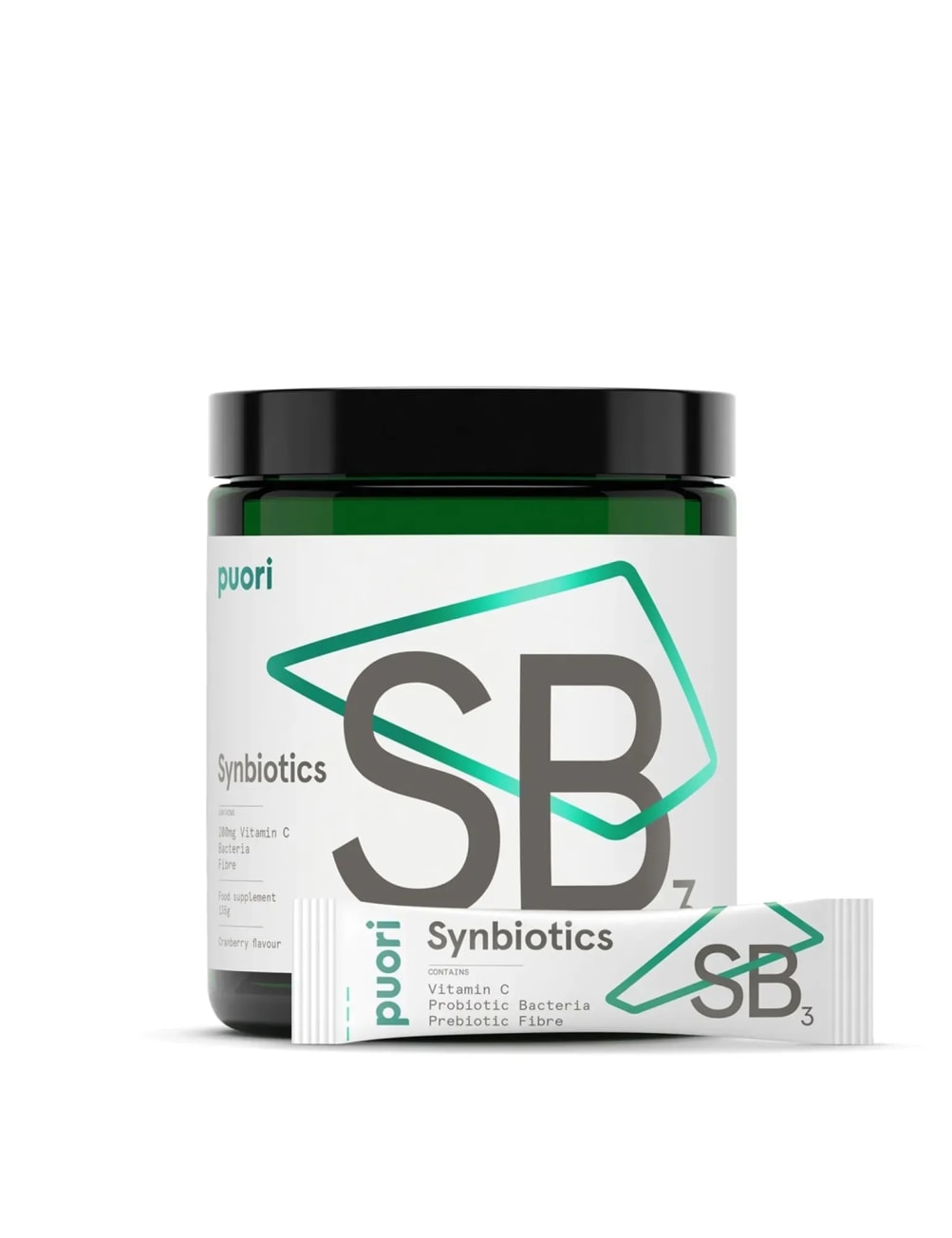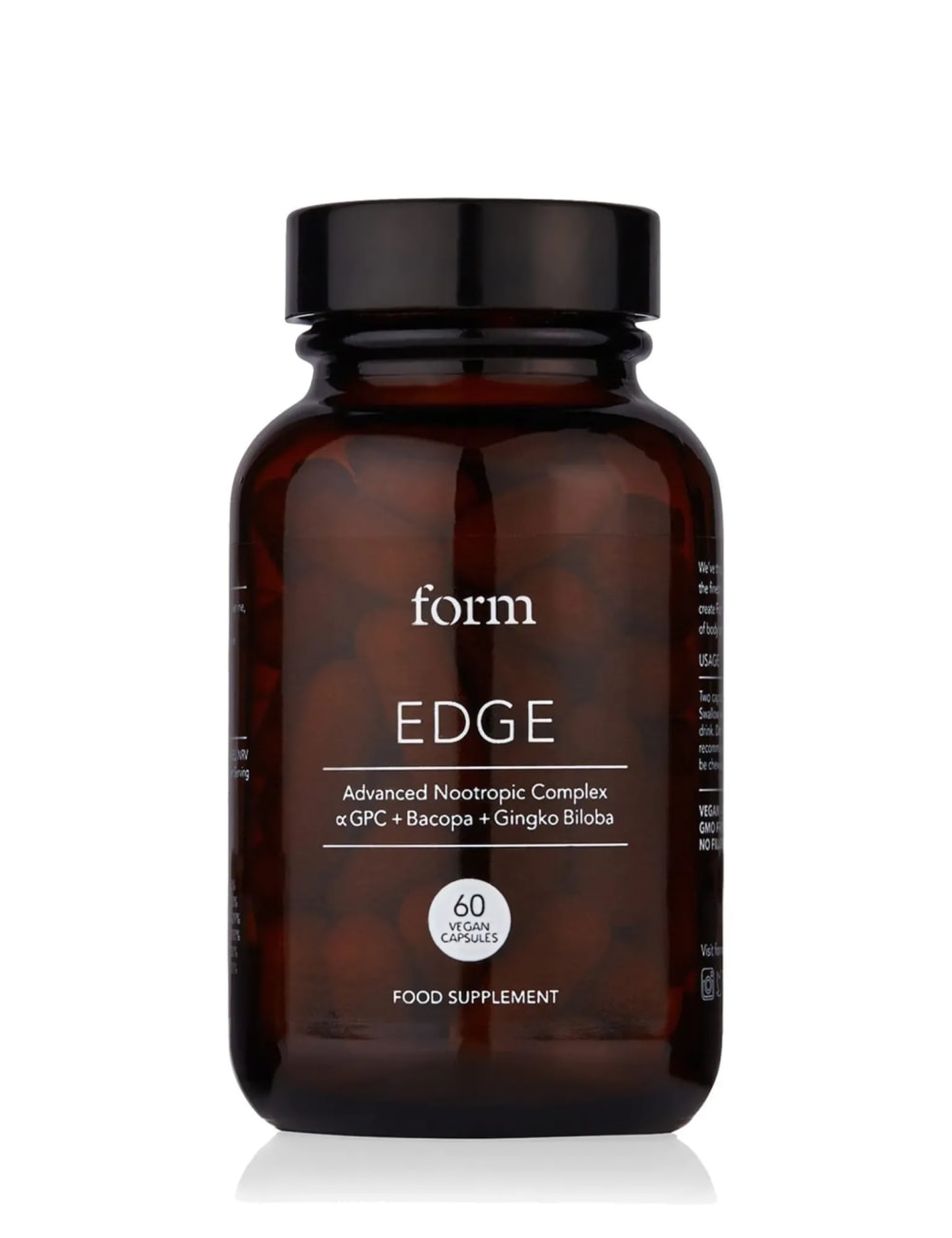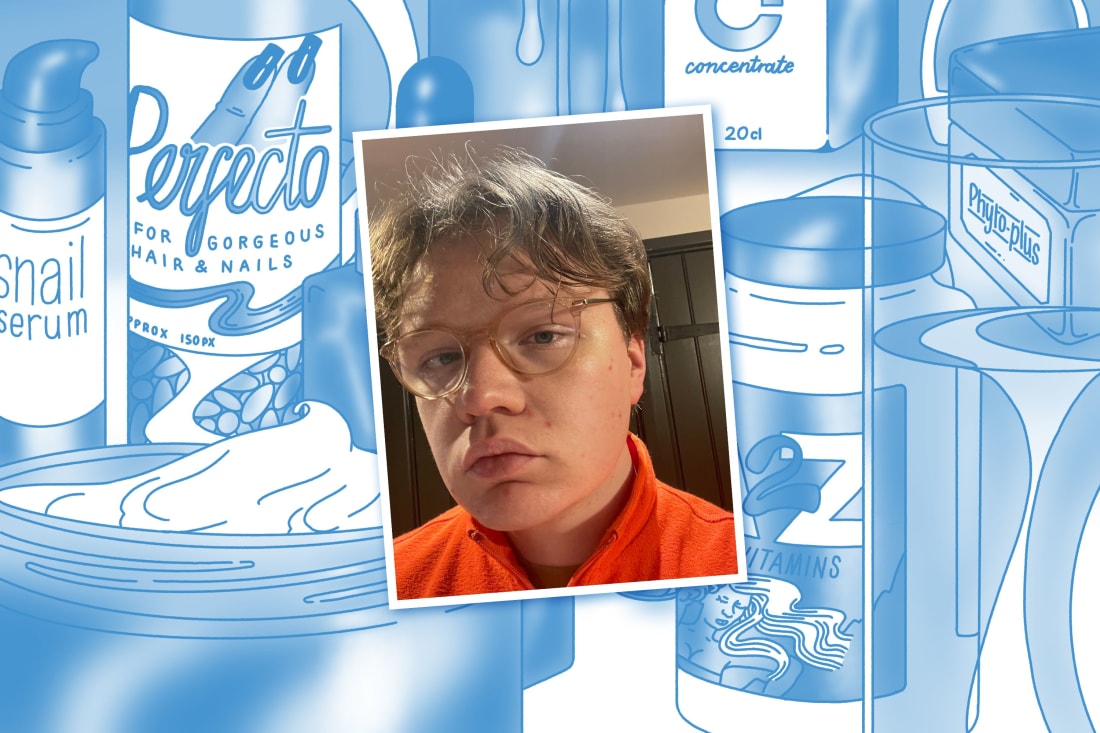A dermatologist’s guide to hydrating winter skincare
Here’s how to look after your skin this winter, according to an expert
Here’s how to look after your skin this winter, according to an expert
It’s cold outside, but that doesn’t mean your skin has to suffer. If you’re prone to breakouts, winter can mean trying to strike a difficult balancing act between treating spots and keeping your skin hydrated. We’re taught that if you have oily skin then too much moisturiser is bad for you, but harsh winter weather often dries skin out. It’s a bit of a conundrum, so we spoke to dermatologist Dr Unnati Desai from Nuffield Health to find out the best routines, products and ingredients for taking care of your skin this winter.
“There are a couple of things to consider here,” she says. “Firstly, many of us assume that we know what our skin type is, but in reality, it could be something different. An education and understanding of the type of skin you have could support skin health. Secondly, what we eat and drink during this time of year can impact our skin and cause breakouts. Make sure you drink enough water and have a vitamin-rich diet.”
Adopting a solid, consistent skincare routine can help prevent breakouts while treating dry skin. However, Dr. Desai warns against cleaning your skin too much as this can also damage skin cells. Below, the London-based dermatologist takes us through her top tips for treating winter breakouts, from using the right moisturiser to all the vitamins that can help maintain balance.
Step 1: Cleansing and toning
“Look for cleansing balms and cleansers that help to maintain the natural oil content in the skin. After cleansing, and before moisturising, use a toner to help rebalance the skin’s natural acid mantle (a fine layer on the surface of the skin that protects against bacteria and the elements). A non-alcohol based toner will help balance the pH in the skin.”
Step 2: Hyaluronic acid
“Oily skin (skin with an increase in sebum production) can be caused by hormones or can be as a result of using harsh products on the skin. If you’re using skin products designed specifically for ‘oily skin’, this could be stripping, resulting in the skin trying to hydrate itself – the quickest way this will occur is by increasing its oil or sebum production which can make sebum related acne worse, when actually what the skin needs to hydrate are either ceramides or hyaluronic acid.”
Step 3: Moisturiser
“Use natural moisturisers or a moisturiser full of ceramides (the skin’s hydrating factors) and hyaluronic acid (to attract water into the skin). The chemicals used in some moisturisers can cause an allergic reaction or breakouts for those with sensitive skin, and greasier/heavier moisturisers can also cause breakouts by clogging pores.”
Step 4: Exfoliate
“Lightly exfoliate regularly. Regular exfoliation will help to unblock pores and prevent new spots from occurring. Use a light, natural, alpha-hydroxy (for example glycolic acid) based body scrub once or twice a week and avoid harsh or chemical scrubs as they can aggravate spots. It’s important not to exfoliate too much as that can also aggravate your skin causing greater inflammation, and avoid using mitts or brushes as they build up bacteria that will make your skin worse.”
Step 5: Stay hydrated and get your vitamins
“Hydration is just as important in winter as it is in summer. There is a misconception that we need water in summer as we sweat more. However, external cold-weather related factors can dehydrate skin, and we also normally wear more layers which encourages the body to perspire. Water is the most important nutrient we consume. It is recommended that people drink 8 glasses of water a day in summer and winter.
Eating a well-balanced diet helps ensure that the body gets all the vitamins it needs to maintain healthy skin. The following nutrients help the life of your skin:
- Vitamin A – Helps maintain healthy, smooth skin and hair
- Riboflavin (B1) – Helps prevent skin disorders, especially around the nose, lips and mouth
- Niacin (B3) – Helps prevent skin disorders, especially on parts of the body exposed to the sun
- Vitamin B6 – Helps prevent skin disorders and cracks around the mouth
- Vitamin C – Helps in healing of skin
- Vitamin D – Helps keep skin healthy. (This is also known as the "sunshine vitamin", and is manufactured by the skin with the help of sunlight)”
MAGIC ELIXIR

the collagen elixir
WelleCo’s supercharged collagen elixir will cast a beauty spell on you. It’s sustainably sourced from wild-caught fish, without the fishy taste, working in synergy with vitamin C, hyaluronic acid, silica and digestive enzymes to support glowing skin, strong nails, thick hair and a healthy body. For forever young skin without having to drink the blood of children.
Step 6: Move your body
“Working out outdoors is harder in winter months due to timings and also feeling safe, but fitness and wellbeing centres are a great alternative. Many acne sufferers stop exercising because sweating seems to make it worse. Exercise will keep you healthy and can help unblock your pores by making you sweat. Just make sure you wash straight after exercise, preferably before the sweat has had time to dry.”
Adidas

x-city cold.rdy running cover-up - black
Step 7: Get enough sleep
“Do not neglect your sleep! We tend to sleep in five-stage cycles, which last from 90 – 110 minutes and recur throughout the night. During stages three and four, known as deep sleep, there's a surge in the secretion of growth hormone. Growth hormone assists with the repair and rebuilding of skin cells. There's also an increase in cell production and a decrease in cell protein breakdown. This means it's important to reach deep sleep to repair the damage caused to your skin throughout the day.”
Products are selected independently by our editors from the Woo online store, a carefully curated platform for feel good fashion, beauty, wellness and lifestyle, as well as externally. Discover more here.



